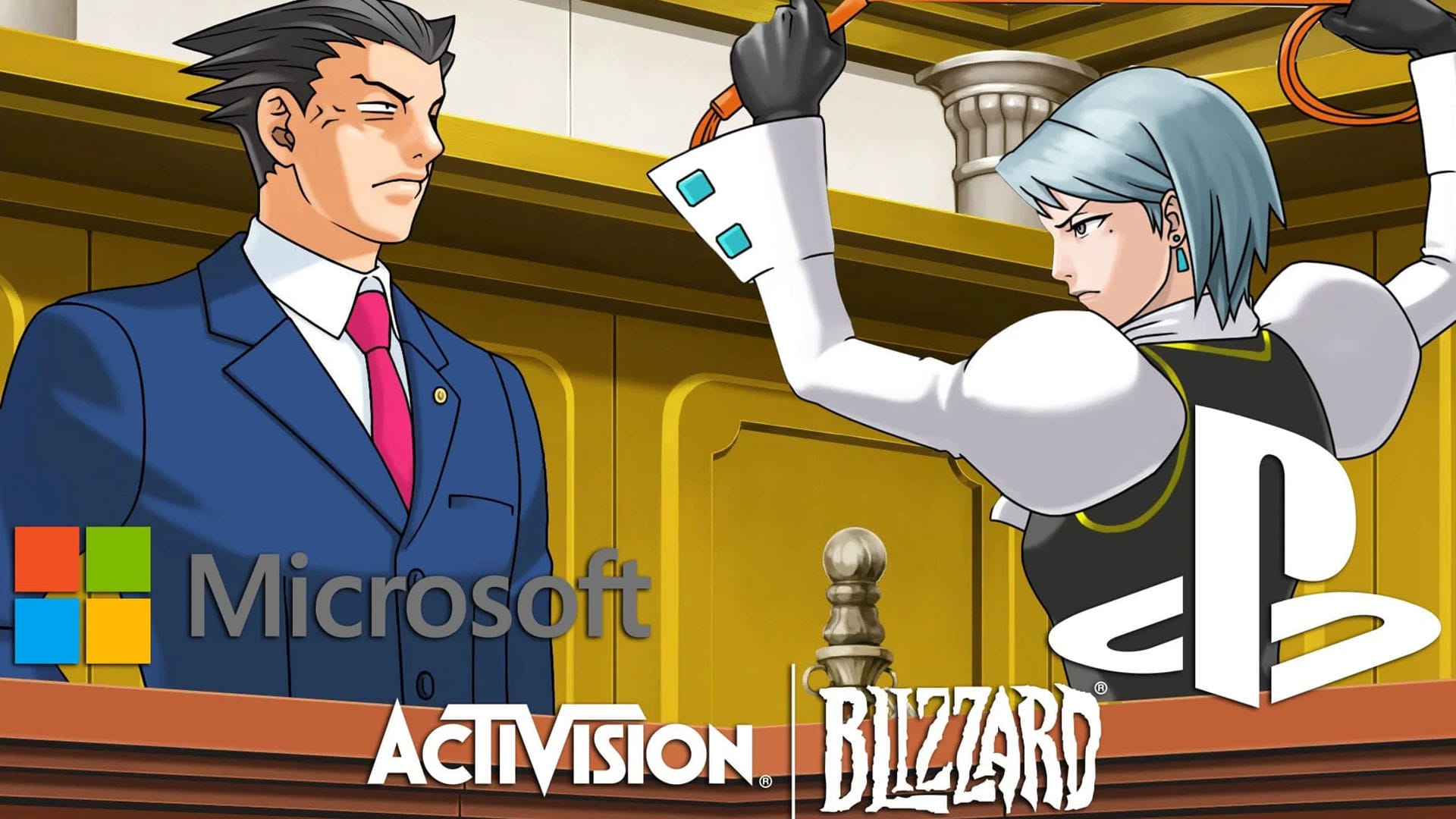
Following a pause for the New Year holiday, the preliminary battle has restarted between Microsoft and FTC about what documents and testimonies will be included in the administrative court hearing about the $68.7 billion acquisition of Activision Blizzard, with Sony playing a role as well.
First of all, Sony responded to Microsoft’s attempt to compel it to share more documents about the agreements between the two companies, asking the court to deny the motion.
Sony argues that Microsoft simply doesn’t have the authority to serve it any requests for the production of any documents as (according to Sony) only the FTC’s counsel does.
Sony also rejects Microsoft’s accusation that the documents it already produced in response to the FTC’s requests were “cherry-picked.” It argues that it already produced all related material that isn’t privileged without reviewing whether they’d be helpful or unhelpful to Microsoft.
Lastly, the house of PlayStation believes that Microsoft’s request is very burdensome and the burden outweighs the benefits, especially considering that Microsoft previously argued that the agreement “speaks for itself.”
Here’s where things start getting a little messy.
The FTC’s counsel filed a motion asking the court to allow it to file an opposition to Microsoft’s “invalid” (according to the FTC’s counsel) attempt to compel Sony to produce more documents.
Microsoft fired back, asking the court to reject the FTC’s counsel’s motion and arguing that the FTC has no standing to oppose Microsoft’s subpoenas to Sony.
Alternatively, if the motion isn’t immediately rejected and the FTC’s counsel is permitted to file its opposition, Microsoft argues that it should be permitted to file a reply to it.
As a result, now the court has to weigh Sony’s request to shoot down Microsoft’s demand for more documents, the FTC’s request to file an opposition to that demand, and Microsoft’s request to shoot down that request or to file a reply to it. I did tell you things were a bit messy.
On the other hand, the court issued an order on the FTC’s counsel’s demand for more documents and testimonies from Microsoft and Activision related to the deal with Ubisoft.
Specifically, the court granted the demand in part and denied it in part.
The request for Activision to depose separately from Microsoft on a variety of topics has been granted. The topics are as follows.
- Terms of the Ubisoft Agreement and how the agreement will operate in conjunction with other cloud streaming agreements and the Sony Agreement.
- How the payment provisions of the Ubisoft Agreement were determined and their anticipated effects.
- Models, analyses, plans or assessments of impact or potential impact of the Ubisoft Agreement
- Plans or potential plans by Respondents or Ubisoft to license Activision content for cloud streaming.
The FTC’s counsel’s request to further investigate the negotiations that resulted in Microsoft and Activision’s agreement to extend the termination date for the Transaction from July 18, 2023, to October 18, 2023, has been denied.
The FTC’s counsel argues that the agreement with Ubisoft would not exist without the negotiations to extend the deadline, so further investigation into the extension of the termination date is relevant to the agreement with Ubisoft.
The court defined this a “strained attempt to shoehorn discovery into the merger agreement into the discovery into the Ubisoft Agreement,” rejecting it as “unpersuasive.”
Lastly, the court granted the FTC’s counsel’s demand for testimonies and/or documents on the terms that were proposed for the agreement with Ubisoft but ultimately not included in it, and on possible alternative purchasers who were considered (besides Ubisoft).
While the acquisition has already been consummated, and Microsoft is already at work to integrate Activision, Blizzard, and King within its management structure, the FTC is continuing to pursue the issue.
The complaint is now in front of the FTC’s administrative law court. If the regulator were to prevail, it could seek a divestiture, albeit it’s going to be an uphill battle. That being said, the case is far from closed.